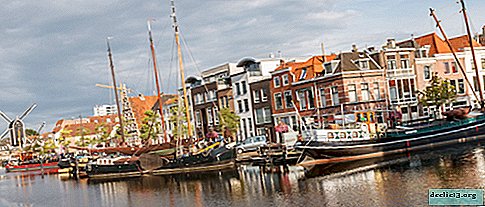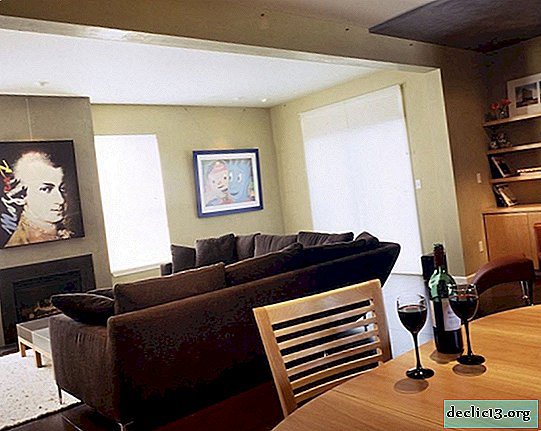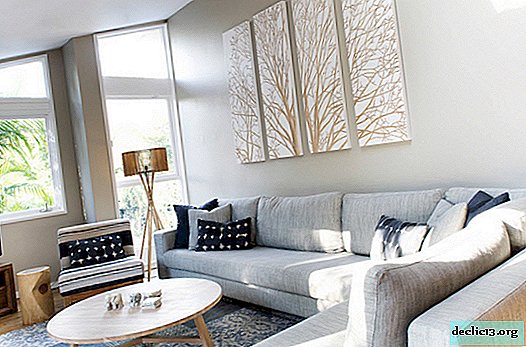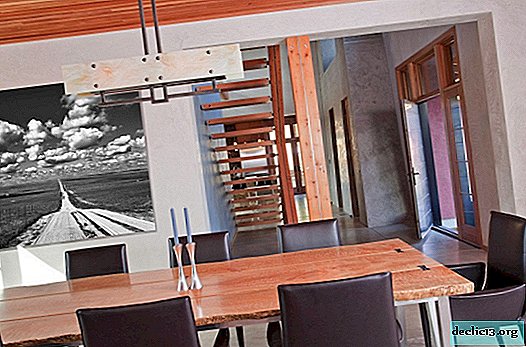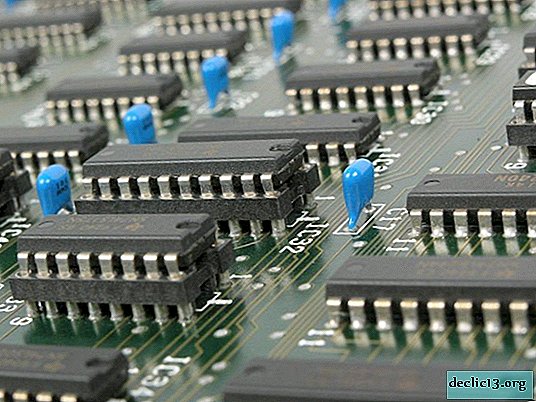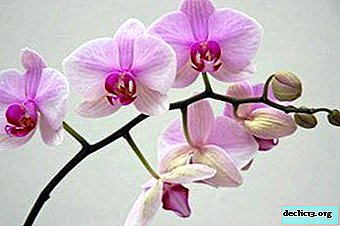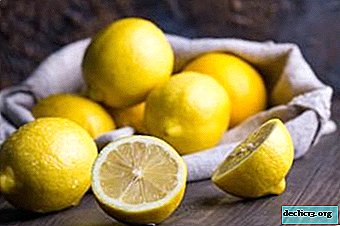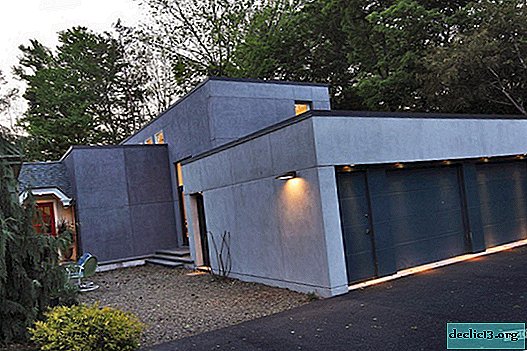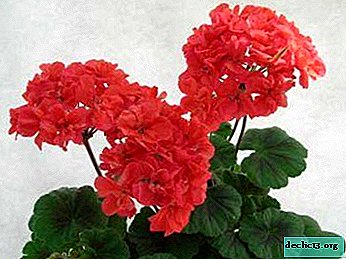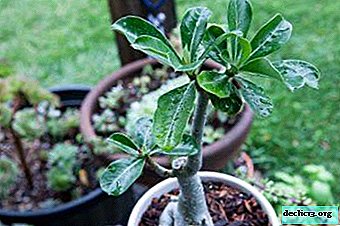The importance of planting Jerusalem artichoke in a timely manner - when is an earthen pear planted to produce a rich harvest?

Growing Jerusalem artichoke is not difficult in any region of Russia. It easily adapts to different climatic conditions and does not require special care.
But few people know that the rich harvest and taste of earthen pears are largely dependent on timely planting.
The article tells in detail at what time it is best to plant, how to choose a place for cultivation in order to get a good harvest.
How to get a good harvest: basic rules
Jerusalem artichoke resistant plant . It easily withstands both sultry summers and harsh winters, but one of the secrets of a rich harvest lies in timely planting.
Remember the simple rules!
- In early spring, when the soil is still warm, it is dangerous to plant an earthen pear. The soil will not allow tubers to grow. In this case, most of the planting material will be lost.
- If it is late to plant in the spring, then the root crop of even an early variety will not have time to ripen. Therefore, when harvesting in the fall, Jerusalem artichoke will be tasteless.
- In the fall, planting too early will lead to germination of shoots before the onset of frost. With the onset of cold weather, the sprouts will die.
- If it is planted in the fall very late, then the plant does not have enough time to take root.
What does landing time depend on?
Correctly calculate the landing time is not difficult. It all depends on the climatic conditions of your region. In spring, the soil should warm up enough. The best option is 15 - 18 degrees.
The root crop also favorably survives in the fall. Soil temperature should not be lower than 7 degrees, and the first frosts only after a month. Experienced summer residents recommend to plant it at this time of year. The plant roots better, frost is not afraid of it, pests do not bother.
Location dependent
 Planting time depends not only on the region, but also on the place of cultivation.
Planting time depends not only on the region, but also on the place of cultivation.
- In open ground ideally plant root crops in the spring, after the snow has melted, and the soil has dried up. A great plus is the good moisture content of the earth, which creates excellent conditions for growth.
Jerusalem artichoke grows with time. It is necessary to initially enclose a place for its placement.
- In the greenhouse it is convenient to plant an earthen pear in early spring, a few weeks earlier than in open ground. Usually late plant varieties are bred in it. They need more time to ripen.
- At home to grow Jerusalem artichoke is also quite realistic. If you live in an apartment, and you want to eat a root crop grown by yourself, you can plant it on the balcony. This can be done at any time of the year convenient for you. The plant reaches a height of 2-3 meters, so think in advance about the supports to which you can tie it.
When to plant an earthen pear?
Important! In the warm regions of Russia, Jerusalem artichoke is often planted in the fall, so that in the spring active growth of the plant begins. If you plan to land at this time of the year, then the best period is from late September to early November. In cold regions, where long frosty winters and short summers, root crops are planted in spring. At this time, the planting period lasts from late April to mid-June.- In the middle zone of Russia (in the suburbs) planted both in autumn and spring. Later varieties are used here. In spring, landing time runs from April 15 to May 5. Autumn work is best done from late September to mid-October.
- In the Urals tubers of earlier frost-resistant varieties are planted. Do it in the spring at the end of May, or in the fall in mid-October.
- In Siberia rely on early precocious varieties that mature within 120 days. The time for spring planting here falls at the beginning of June, and autumn - in the second half of October. In the zone of risky farming, the root crop also gives a good harvest.
To grow juicy Jerusalem artichoke by the strength of each summer resident. The main thing is to correctly calculate the time. Better yet, plant it in the fall and spring. Then you will be provided with a useful product all year round.
Useful video
We suggest watching a video about planting Jerusalem artichoke in the fall:


